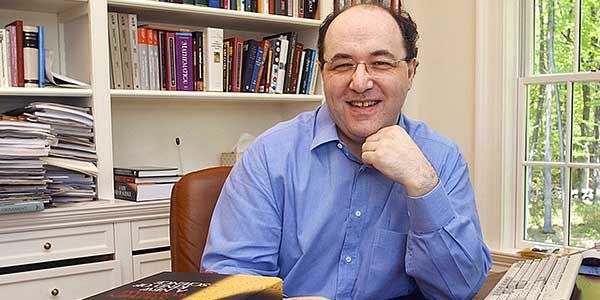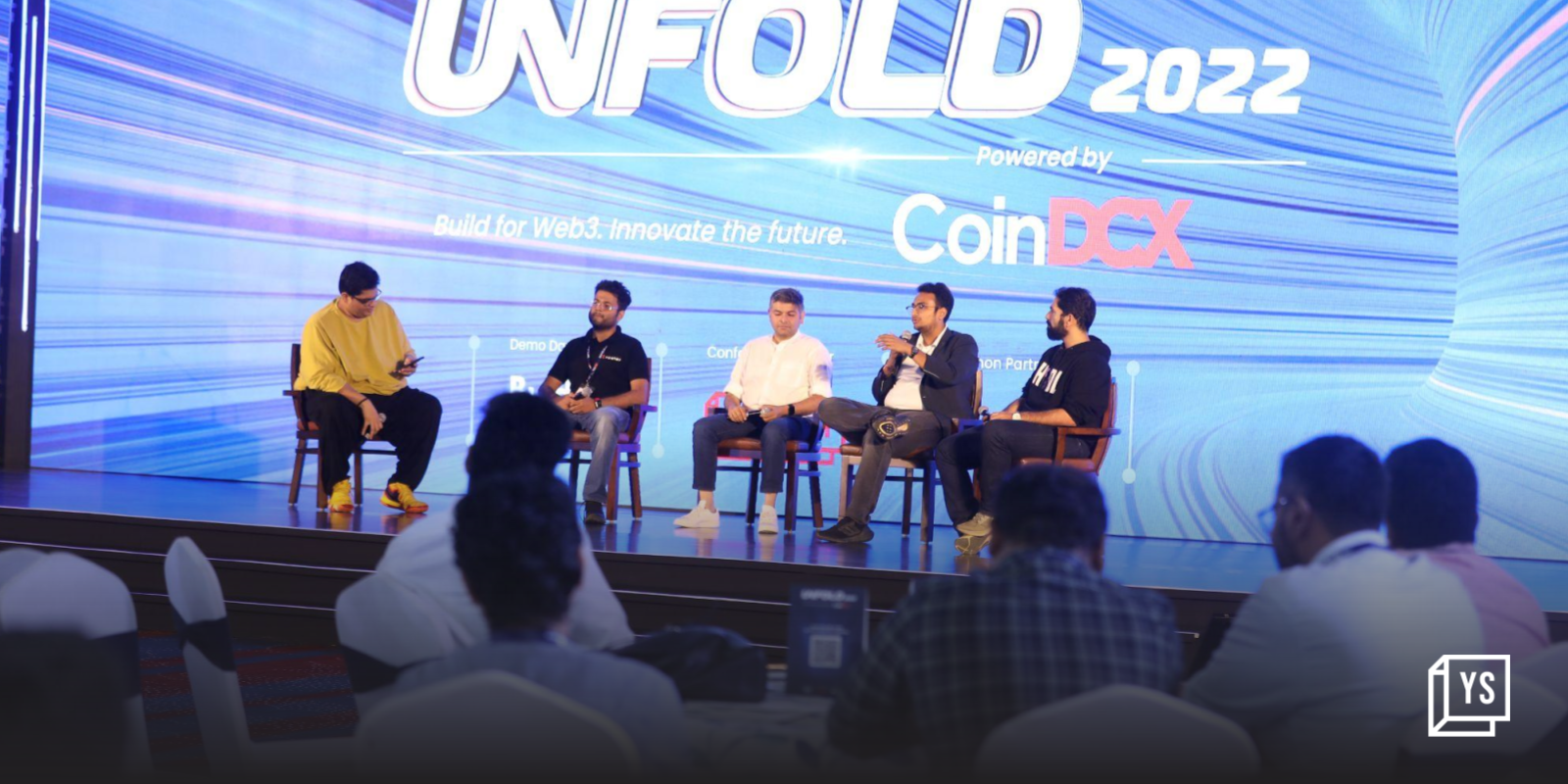Stephen Wolfram, creator of world's 1st computational knowledge search engine - Wolfram|Alpha
It is not always that you meet someone who has an erdos number of 2, a h-index of 58 and has Richard Feynman as a member of his PhD thesis committee, which he completed even before others finished their under graduation. Stephen Wolfram is the founder of Wolfram|Alpha, the first computational knowledge engine which provides users with answers instead of sending them to different websites via links.
Stephen got interested in science as a part of the space rage in 1960s and started learning about spacecraft and its designs, but soon realized it was not what he wanted to do. “I was more interested in the fundamental question of how things work,” he says. As a result he started learning physics, and by the time he was around 12 or 13 he had finished college textbooks and started research.
"I guess it was part of my personal egotistical approach to life, I was more interested in doing things that no one had done before," says Stephen. By the time he was 14, Stephen started publishing papers in journals about his research.

Stephen came across a computer in college and started doing his simulation on it. "It was 1972 - so computers were kind of primitive those days. It was about the size of a large desk programmed with paper tape and had eight kilowords of 18 bit memory. Some British engineer thought that 18 bits were the way to the future.”
In order to solve mathematical problems, which are generally mechanical in nature, Stephen started programming and also looking at other programs that academicians had created. When Stephen got access to ARPANET, the forerunner of today's internet, he started searching for software to do computations online. As a result he became one of the world's biggest users of such software. Soon he had no option left as his requirements had out grown all the existing software for computation. "So what could I do? I tried to convince people who had written software for mathematical computations, but it didn't work out. The only other option was I do it myself,” he adds. He bought all the books related to computer science at the book store of Caltech University to learn computer science. "It was about three feet of books, and took me one weekend to read through all of them."
Wolfram Mathematica
Stephen designed SMP which was the zero version, a forerunner for Mathematica. Rob Pike, another student who was also involved in the creation of Go language, persuaded Stephen to use C for writing the software. As he was a professor at Caltech, he did not know what to do after the software was created. Starting a company seemed to be the right thing to do. Stephen hired a guy as CEO who was twice his age, “who was good at raising money but not so good at making money and was more focused on building features instead of making products.”
"But it was an interesting experience for me. I kept on saying, ‘I think we are doing the wrong thing. I would do this, instead of that’. It turned out I was actually right. Perhaps, I am not as clueless about business as I think I am."
Stephen released his book, ‘A New Kind of Science’ in 2002, which talks about the fundamental reasons for computational systems.
After running Mathematica for over two decades, Stephen launched WolframAlpha in 2009, the computational knowledge search engine, which enables people to search for answers to factual questions in a very interactive manner. It has come a long way since then with huge data sets consisting of trillions of data points which are used to provide better computational results.
Talking about lessons, Stephen says, "People make too big a deal about ‘risk’, we should go out and take risks, it will be worth it.”











